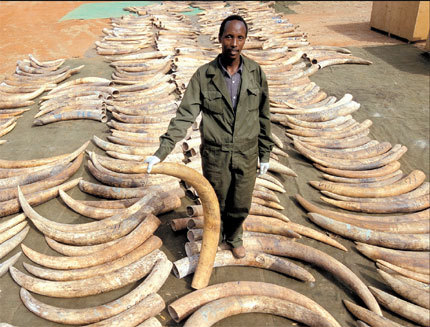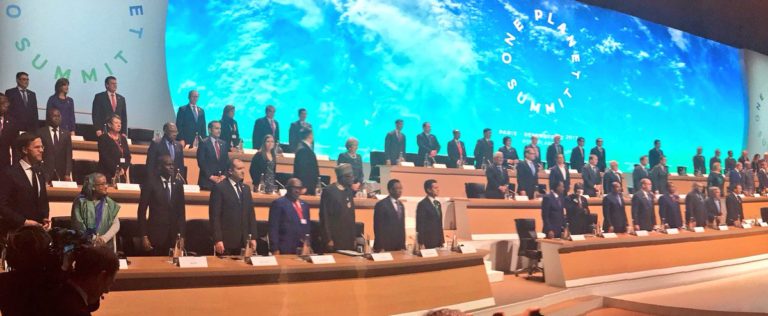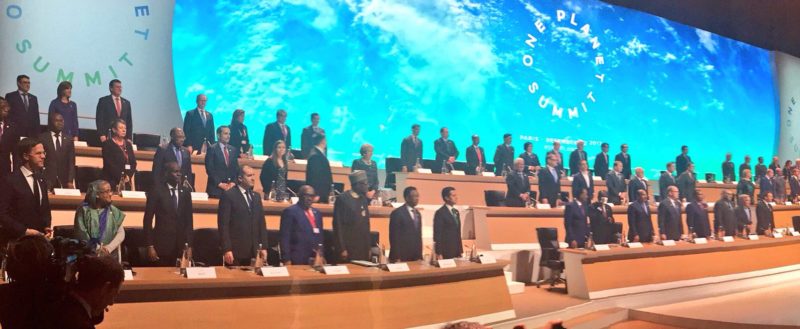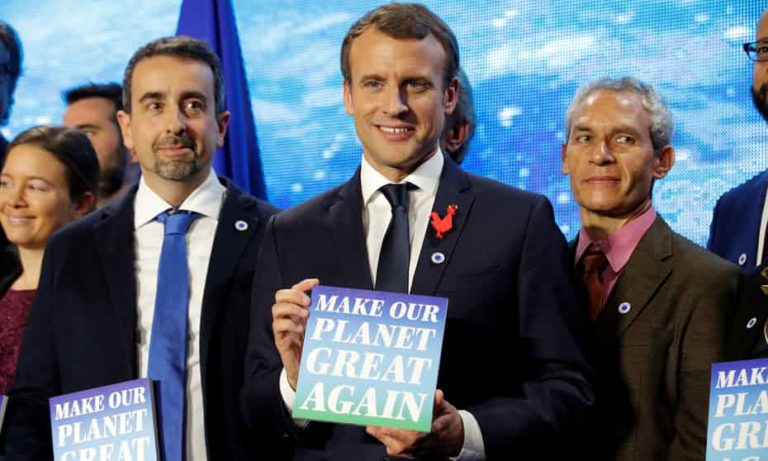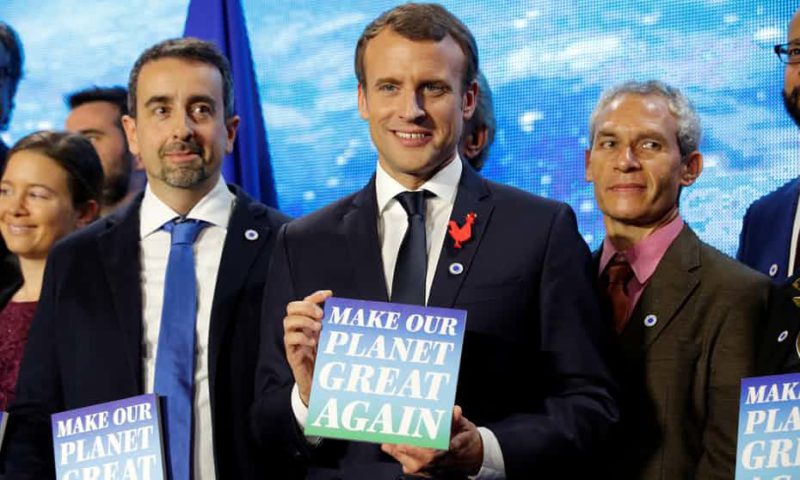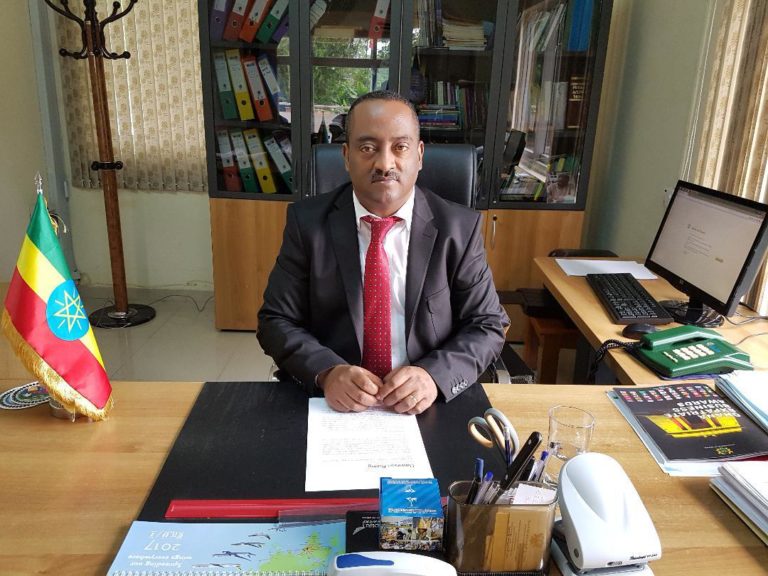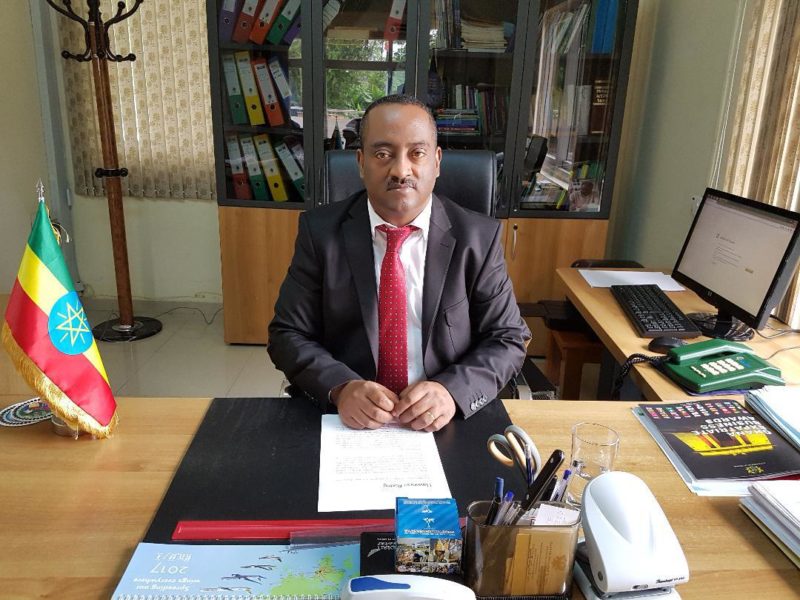The FADAMA III Second Additional Financing (AFII) programme, a World Bank intervention project, has been receiving widespread commendations for its efforts to boost food security and restore the livelihoods of people in the North East.
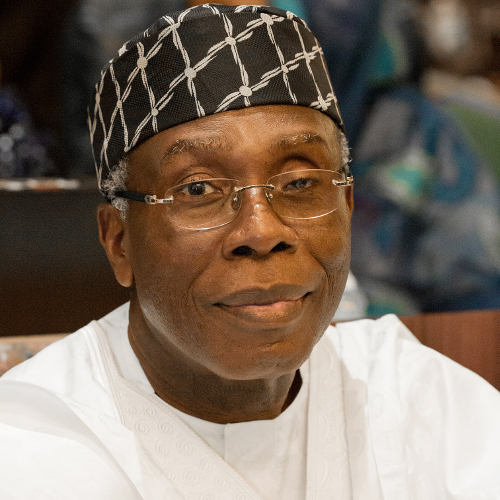
The beneficiary states of the $50 million project are Borno, Adamawa, Yobe, Taraba, Bauchi and Gombe.
The Internal Mission Team of the FADAMA III (AFII) project, also known as the North East Food Security and Livelihood Emergency Support Project, recently visited the region to ascertain the progress of project implementation in last one year and restructure certain areas of the venture.
The main objectives of the exercise were to assess the level of implementation of the FADAMA III (AFII) project in the states, undertake field visits to verify the execution of approved Community Action Plans (CAPs) and provide technical guidance where necessary.
In Adamawa State, one of benefitting states, the beneficiaries lauded the FADAMA III (AFII) programme for promoting the state’s development and urged it to initiate more intervention projects across the state.
Mrs Felicia Nzomisaki, Permanent Secretary in the state Ministry of Agriculture, said that the FADAMA project had recorded laudable achievements in Adamawa, particularly because of its impact across all the local government areas of the state.
“FADAMA activities have really helped us. For instance, whenever non-governmental organisations (NGOs) come here and discover what FADAMA is doing here, they always want to align with us because of FADAMA,’’ she said.
Nzomisaki said that the recognition of the valuable input of the FADAMA programme to the state’s development had encouraged the government to approve the release of N20 million counterpart funds for the project.
Mr Hammaji Umar, the spokesman for the beneficiaries in the livestock sub-sector, said that Girei Local Government Area (LGA) of Adamawa State had four host communities with 160 beneficiary households.
He noted that 40 beneficiary households in each community were identified with the help of the community leader.
“FADAMA provides food items for us to eat before going to farm; we are now in the livelihood phase of the project, which involves the provision of livestock and inputs,’’ he added.
Mr Usman Abubakar, the Public Relations Officer of Girei Local Government Council, said that the FADAMA III (AFII) programme had appreciably improved the living standards of beneficiary households in the communities.
He solicited the sustainability of the project to enable it to record more achievements in the neighbourhood.
In the meantime, the Yola South LGA has provided land for the FADAMA III (AFII) programme to build a livelihood restoration centre.
Mr Dahiru Hammanyaji, the Training and Technical Assistance Officer of the FADAMA programme, made this known during the inspection visit of FADAMA Internal Mission Team to the site in Chakantare.
He said that the centre was established to boost livestock production via improved marketing operations, while enhancing the quality of local livestock breeds through the adoption of modern crossbreeding techniques.
“The crossbreeding technology, which FADAMA provided, is expected to trickle down to the people; this will soon have a visible impact on our livestock breeds and milk production.
“We don’t want to go into agriculture that will consume space with no or insignificant output,’’ he added.
Mr Ahmad Suleiman, the councillor representing Mbamoi ward in Yola South LGA, said that the residents of the area would benefit a lot from the livelihood restoration centre.
His words: “Our people have suffered a lot; they have been hosting the Internal Displaced Persons (IDPs) and assisting them since they came to our local government area.
“Our council really appreciates the efforts of the FADAMA programme; it has provided the land for the construction of the livelihood restoration centre, as it will enable our people to benefit more from the project,’’ he said.
The Taraba Commissioner for Agriculture, Mr David Ishaya, who was represented by the FADAMA State Project Coordinator, Mrs Regina Festus, said that the FADAMA III (AF) project made tremendous impact on the lives of the people of the state.
“Sixty-seven communities with 2,680 households have access to food assistance and agricultural livelihood support in the areas of crops, livestock and fishery.
“The beneficiaries were given advisory services and capacity building training in sustainable development, while tangible efforts were made to restore agricultural production in the state,’’ he said.
Ishaya said that with the aid of FADAMA III (AFII) programme, the IDPs, who were mainly from Borno, Adamawa, Yobe, Gombe, Benue and Nassarawa states, now felt at home in our state.
He, however, appealed to the World Bank and the Federal Government to initiate more people-oriented programmes for the residents.
The District Head of Maihula, Malam Sulaiman Mohammed, said that the FADAMA III (AFII) project had really changed the lives of the beneficiaries, while reducing the suffering of the residents of the community in general.
“We have more than 3,500 IDPs who encountered problems and relocated from their communities; they have now come back to their homes and most of them are farmers but they are financially handicapped.
“The FADAMA programme has done a lot to restore their livelihoods,’’ Mohammed added.
Mr Umar Jibrin, a leader of the beneficiaries in Maihula, said: “Our people really benefited from the project; four households have received agricultural inputs to start farming and 36 households have engaged in livestock farming. The scheme has really tackled many economic problems in our community.
“We are still looking up to the World Bank, the Federal Government and the Taraba State Government to assist more IDPs because we want them to also enjoy what we have benefited from the project,’’ he said.
Mr Bem Nachigh, the spokesman for the beneficiaries in Bali community, said that the FADAMA project had made a lasting impact on the lives of the beneficiaries.
“Our joy has been restored after our harrowing experience during the Boko Haram crisis. We were once hopeless, not knowing where to start from, but with the advent of the FADAMA project, we are now having renewed hope,’’ he said.
The District Head of Bali, Inuwa Gidado-Misa, said that the community started benefiting from the World Bank’s programme since the launch of FADAMA I, II and III programmes, which were all aimed at facilitating agricultural, commercial and infrastructural development of the neighbourhood.
“I pray that this programme continues, while all its promises for Taraba and our local government area are fully fulfilled,’’ he said.
Mr Samson Augustine, a leader of the beneficiaries in Sabon Dale community, said that the FADAMA III (AFII) programme had done a lot to restore the livelihoods of ex-IDPs.
He said that the residents of Sabon Dale, who relocated to the community from IDPs camps in July after three consecutive attacks by Boko Haram insurgents, were happy and excited by the FADAMA intervention.
“Our people were overwhelmed with joy by the abundant supply of food items, livestock and agricultural inputs by FADAMA, which also provided us with advisory services to enable us to do the right thing,’’ he said.
Mr Michael Tobee, the traditional ruler of Sabon Dale, also commended the FADAMA III (AFII) programme for the improvement it brought to the people’s lives.
“When we came newly and saw how my people were suffering, I stopped wearing my beads because I could not stand seeing my people in that precarious situation and be happy as a leader.
“Nowadays, I have started wearing my beads and performing my duties as the chief since the FADAMA intervention has made my people happy again,’’ he added.
Tobbe, however, solicited the expansion of the FADAMA project to cover others members of the community, insisting that the beneficiaries and non-beneficiaries of the project alike suffered a lot due to the insurgency.
“Whenever I look at my people who are not benefitting from the project, my joy becomes abridged because all of us went through the same calamities,’’ he said.
Sharing similar sentiments, several people, who are not benefitting from the project in different communities, urged the FADAMA programme to incorporate them in the project.
Some of the non-beneficiaries in Bali LGA called for the extension of the project to cover those who had yet to benefit from it.
One of them, Mr Kajiva Joseph, said: “We suffered together during the crisis but now, they are enjoying alone. We also want to benefit from the FADAMA project; we want to be happy like them.
All the same, Dr Ben Herbert, Leader of Internal Mission Team of FADAMA III (AFII) project, commended the project implementation processes in all the areas the team visited.
He thanked the traditional rulers, the beneficiaries and the state governments for their contributions toward the success of the project.
“The project is part of the efforts of the Federal Government to support those who were affected by the Boko Haram insurgency,’’ he said.
Herbert urged the beneficiaries to use all the resources that were given to them judiciously.
“We are executing the intervention with the funds given to us by the World Bank and I want to encourage you to use whatever you have been given very well.
“I am assuring you that FADAMA is just laying the foundation, compared to what is coming thereafter,’’ he said.
The team leader said that the Federal Government had already initiated a bill on the creation of the North East Development Commission, which would take care of all the areas in the North East that were affected by the insurgency.
“FADAMA has done very well with its food assistance, cash-for-work, infrastructure and livelihood support schemes and its impact would be reinforced by the implementation of other projects,’’ Herbert added.
By Kudirat Musa, News Agency of Nigeria (NAN)

